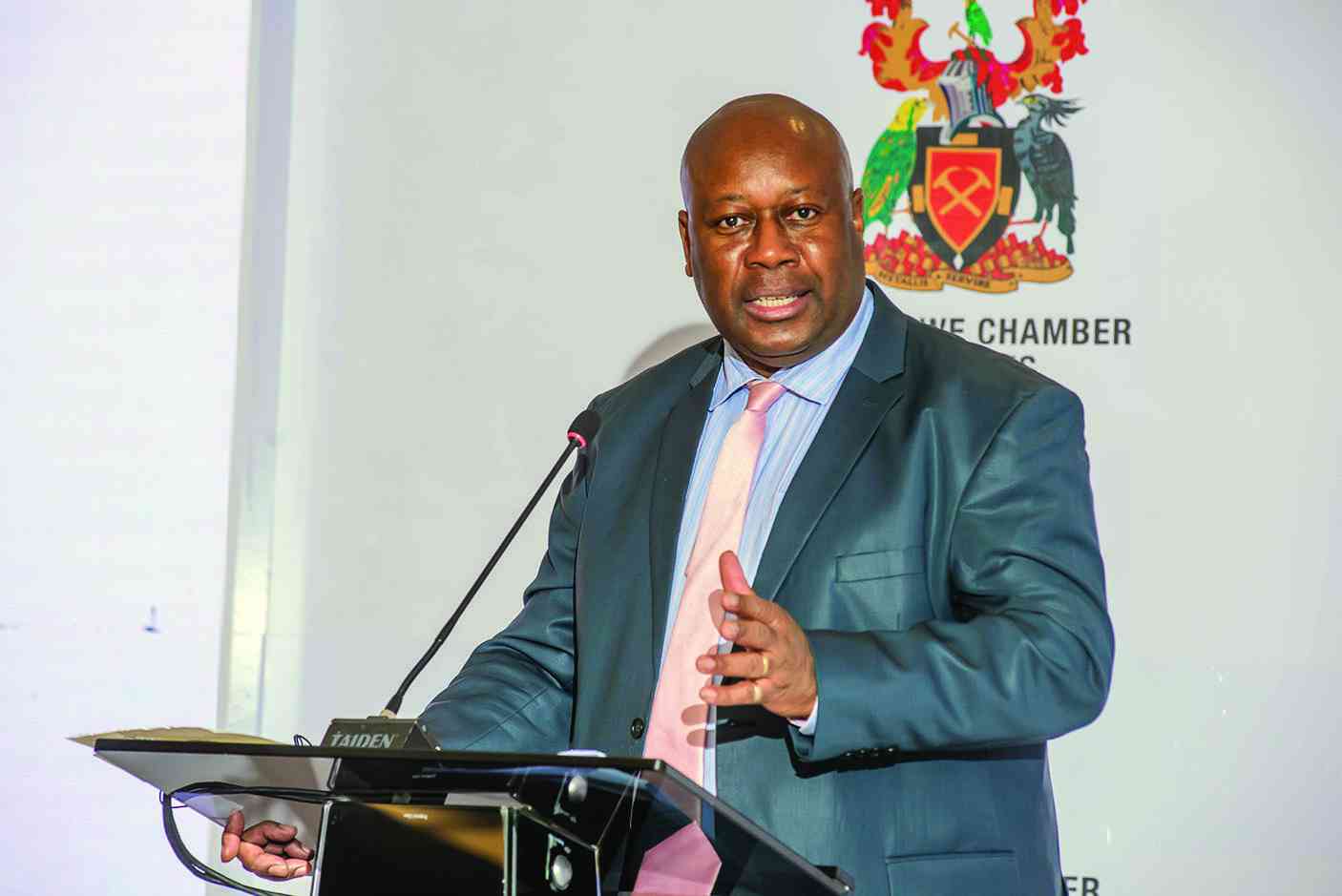
YESTERDAY, the Zimbabwe Independent proudly hosted the prestigious 2024 Banks & Banking Survey and awards ceremony, sponsored by First Capital Bank, our valued partner for nine years.
This occasion marked a celebration of excellence, resilience and innovation in the financial sector.
Congratulations are due to this year’s outstanding winners: Stanbic Bank, crowned the Overall Best-Performing Bank; National Building Society (NBS), recognised as the Best Building Society; NMB Bank Limited, recipient of the Digital Innovation Award; Steward Bank, winner of the Financial Inclusion Award; and People’s Own Savings Bank (POSB), which claimed the Environmental, Social and Governance (ESG) Award.
A special commendation goes to ZB Bank Limited’s chief executive officer (CEO), Elisha Chibvuri, for being named Banker of the Year.
This year’s theme, “Weaving Through a Dynamic Liquidity Terrain”, aptly captures the complex economic environment banks navigate daily.
While our banking sector faces persistent challenges — exchange rate volatility, a depreciating local currency and a highly informal market structure — it has demonstrated remarkable resilience.
Liquidity management remains at the core of the sector’s challenges.
Banks operate in an environment characterised by tight liquidity, fluctuating exchange rates and limited foreign currency reserves.
- DPC pays out $139 million
- ‘Rate hike stems inflation storm’
- Corporate world pledges support for women soccer league
- Zanu PF ‘overruns’ NBS housing event
Keep Reading
As businesses and individuals increasingly turn to the United States dollar for stability, banks must balance local currency transactions with the need for hard currency liquidity.
Despite these challenges, the sector has shown agility in maintaining stable liquidity conditions. This has been achieved through prudent financial management, innovative product offerings and robust risk mitigation strategies. Adequate capital buffers, satisfactory asset quality and a focus on sustainable profitability have fortified the sector’s ability to support Zimbabwe’s economy amid turbulent times.
Zimbabwean banks have proven their ability to adapt to adversity. Their investments in digital banking solutions have been transformative, with institutions like NMB Bank and CABS leading in innovation. Steward Bank and Ecobank’s recognition for financial inclusion underscores the sector’s commitment to reaching underserved communities, even in remote areas.
The achievements of these institutions reflect their dedication to sustainable finance and the belief that financial services can catalyse economic growth.
While systemic risks such as cyber security threats and climate change loom large, banks are proactively addressing these risks through technological advancements and environmental initiatives.
Zimbabwe’s financial sector is the lifeblood of its economy, but its competitive edge in the region is eroding.
As neighbouring countries enhance their banking systems, Zimbabwean institutions must innovate further to remain competitive.
The informal nature of the country’s economy presents both a challenge and an opportunity. Greater formalisation of informal sectors, combined with financial inclusion initiatives, can unlock immense potential for growth.
Expanding access to finance, particularly for small to medium enterprises and marginalised communities, is essential for promoting a more inclusive economy.
While we celebrate the resilience and innovation of Zimbabwe’s banking sector, it is crucial to address the persistent challenge of high bank charges, which continue to burden consumers and hinder broader financial inclusion.
As Zimbabwe strides toward Vision 2030, the banking sector will play a critical role in mobilising savings, channelling capital into productive sectors and financing infrastructure projects.
Institutions must align their strategies with national development priorities, while adapting to emerging trends in digitalisation and green finance.
We extend our gratitude to the panel of financial analysts from Erccro Consulting for their insightful survey report presented by Farai Muzvondiwa.
We also thank our esteemed guest speakers: Reserve Bank of Zimbabwe Deputy Governor Innocent Matshe, Consumer Council of Zimbabwe’s Patience Chikwiriro, economist Eddie Cross, CZI’s Kevin Msipa and trade economist Gift Mugano.
Lastly, we salute all Zimbabwean financial institutions for their resilience and commitment to excellence. In the face of daunting odds, you have not only weathered the storm, but also contributed significantly to building a more robust, inclusive, and sustainable financial landscape.
The road ahead is challenging, but with unwavering determination, the sector can continue to serve as a cornerstone of Zimbabwe’s economic recovery and growth.










